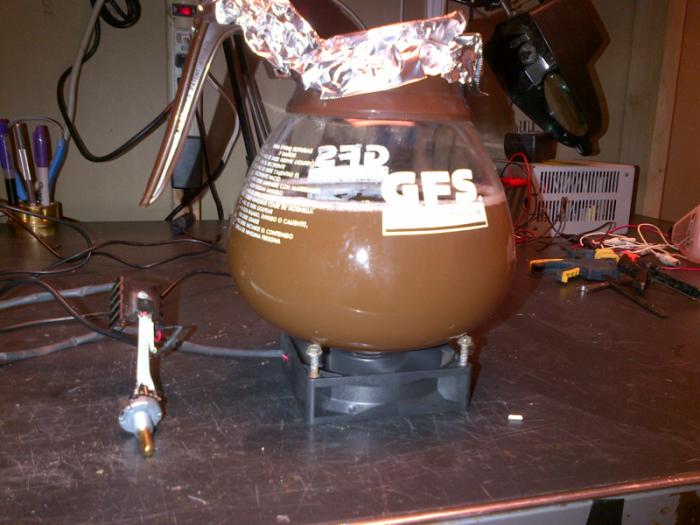Csalazar2012
New Member
- Joined
- Jul 28, 2013
- Messages
- 3
- Reaction score
- 0
Hello,
I am trying to determine which stir plate to buy to step up to making yeast starters. I work in a laboratory and have boiled liquid in flasks on hot plates all the time. I was curious if anyone else has successfully made yeast starters in a flask using a hot plate? I know that you can boil the wort on the stove and then transfer to the flask, but I am trying to determine whether it would be worth the extra money to buy a magnetic stir plate with the hot plate feature.
Here is a link to a stir plate that I have found: http://www.amazon.com/dp/B0026KHYFQ
I am trying to determine which stir plate to buy to step up to making yeast starters. I work in a laboratory and have boiled liquid in flasks on hot plates all the time. I was curious if anyone else has successfully made yeast starters in a flask using a hot plate? I know that you can boil the wort on the stove and then transfer to the flask, but I am trying to determine whether it would be worth the extra money to buy a magnetic stir plate with the hot plate feature.
Here is a link to a stir plate that I have found: http://www.amazon.com/dp/B0026KHYFQ
Last edited by a moderator:



